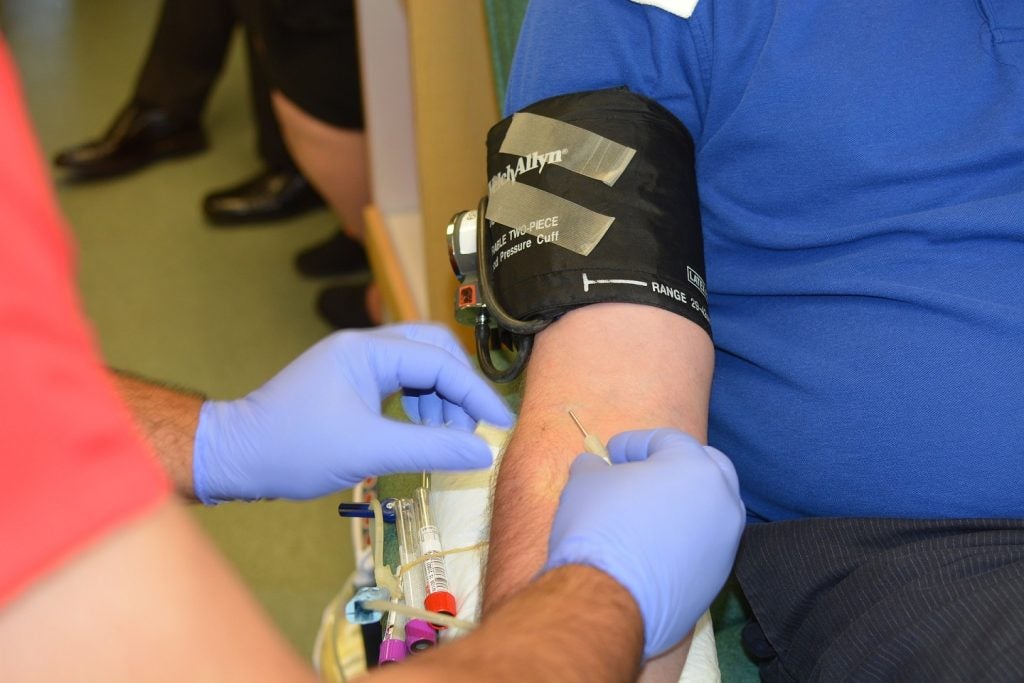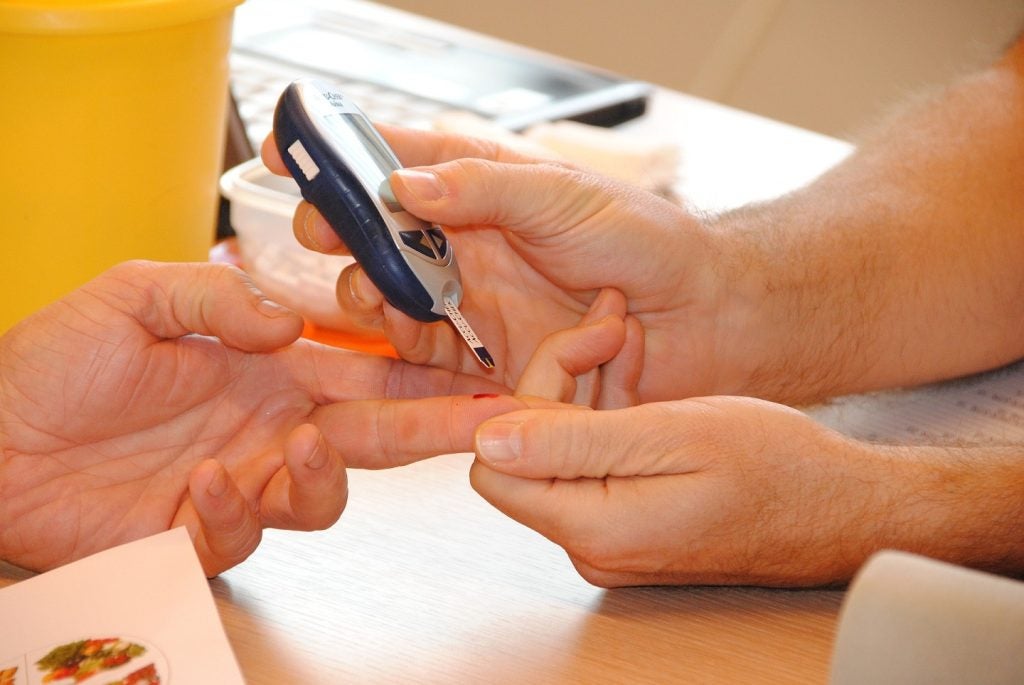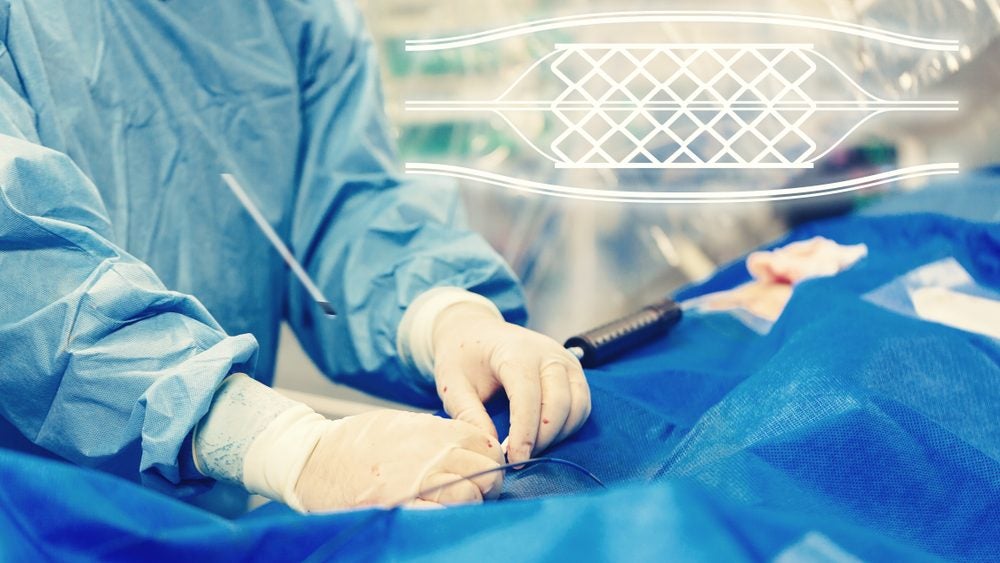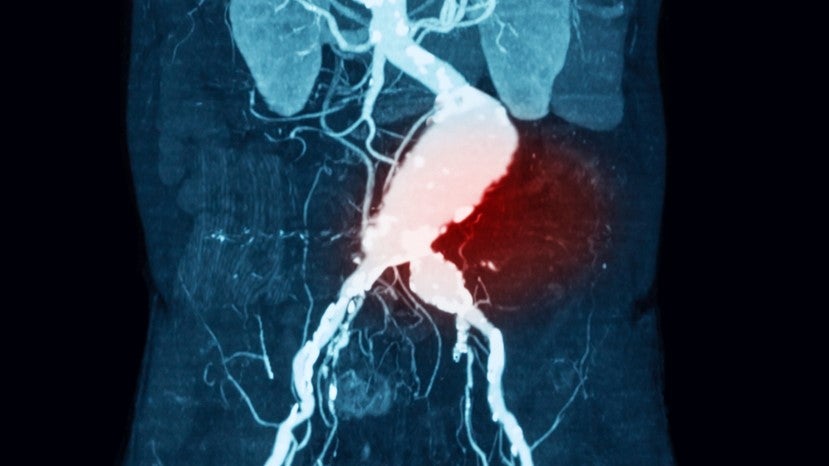OrganOx and eGenesis have announced the successful completion of an extracorporeal perfusion of a brain-dead research donor using a genetically engineered porcine liver. The companies said they were able to keep the artificial organ alive and well for 72 hours with no sign of rejection.
The donor is the first to be enrolled in the company’s ongoing PERFUSE-2 study which aims to prove the feasibility of eGenisis’ porcine-derived artificial liver, EGEN-5784. The artificial liver connected to OrganOx’s extracorporeal liver cross-circulation (ELC) device to enable circulation of the donor’s blood through the porcine liver.
The company confirmed that they were successfully able to carry out the procedure on the first donor subject, andkeep an artificial liver developed from a pig liver, functioning with continuous blood flow and bile productionfor 72 hours in the body of the brain-dead donor patient.
Theresults will form the basis of a submission for an Investigational New Drug (IND) application to the US Food and Drug Administration (FDA) in 2024, with the aim of initiating a first-in-human clinical study.
Michael Curtis, president of eGenesis, said: “We extend our deepest gratitude to the donor and their family for enabling this important medical achievement and for paving the way for future work toward a potential solution for the many patients in need of life-saving liver support.
“In addition to being a first in the field of xenotransplantation, this study provides important information to help advance our IND application.”
The eGenesis study leans on another pre-clinical study, published in the journal Nature that was similarly able to show that porcine livers in certain circumstances could be used in place of human organs, with the genetically engineered porcine liver used in the PERFUSE-2 study carried the same genetics as the porcine kidneys used in the preclinical study recently published in Nature.
Peter Friend, chief medical officer for OrganOx, added: “This marks a key milestone in our journey towards an effective treatment for acute liver decompensation.
“The OrganOx ELC system combined with a genetically engineered liver from eGenesis links modern organ perfusion technology with the functions of a whole liver, with the goal of providing a treatment that offers a lifeline to the critically ill patient.”
Elsewhere in the space of artificial organs, French medical technology company Carmat has launched a suite of software enhancements for its own artificial heart, asthe company rampup production with a new artificial heart production facility in Bois-d'Arcy.
















